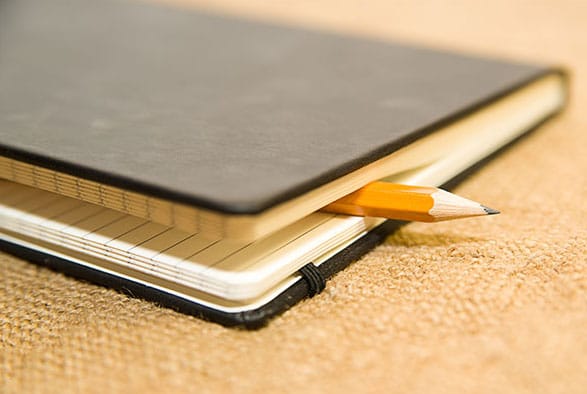The following tips are to help manage the day to day challenges of OAB but should not replace treatments or advice from your healthcare professionals. If you are suffering from the symptoms of OAB please seek advice from your GP, continence service or other relevant healthcare professional.
Changes to lifestyle and behavior can be effective in the management of overactive bladder (OAB) symptoms and promote bladder health. These can be incorporated into your daily routine with little effort and should help you effectively take control of your bladder problem:
Watch what you eat and drink
Some people may try to drink less to reduce OAB symptoms. But this can concentrate urine, which can irritate the bladder and make you constipated. How much fluid you need each day depends on how much you sweat (from heat or being active). Most people should drink 4 to 6 cups of fluids a day. At least half of your fluids should be water.
Certain types of food and drink may irritate the bladder and may contribute to incontinence. Try to avoid these foods and drinks for 3-5 days. If your symptoms improve, avoid them as much as you can.
- Tea
- Coffee
- Alcohol
- Fizzy drinks (e.g. cola)
- Fruits, especially citrus (e.g. oranges, lemon, grapefruit)
- Citrus drinks (e.g. orange or grapefruit juice)
- Tomatoes and tomato-based food
- Spicy foods
- Chocolate
- Artificial sweeteners
Instead the following drinks are recommended:
- Decaffeinated beverages: tea, coffee
- Water
- All types of diluted fruit juices
- Less acidic fresh drinks
- Some herbal teas
Watch your weight
If you are overweight, weight loss can improve OAB symptoms.
Stop smoking
Not only can smoking increase your risk of cancer but cigarette smoke and nicotine also act as bladder irritants.
Try to stay regular
Normal bowel activity is defined as an “easy” non-painful movement at least every other day. Avoid straining your bowels. Eat fibre, drink enough and exercise to stay regular.
Avoid constipation by maintaining a diet rich in fibre and fluids. Constipation can place added pressure on the bladder and causes the need to empty the bladder more frequently and urgently.
Exercise
Regular exercise can help keep weight down, help mobility and general health.
Tips
- Keep a diary noting times when you visit the toilet and also the times of leaks.
- Try and have mental control over your bladder. Create a timetable for visiting the toilet; don’t just go when you get an urge. For example, if when you started your diary you were passing urine every hour, try to gradually extend this time to 1.5 hours, then to 2 hours, 2.5 hours and so on.
- Use pelvic floor exercises to overcome the urge to urinate, as this will often make the urgency disappear.
- Try to concentrate on something else other than urgency. You should read a book, watch television or use simple problem solving to distract yourself when you get an urge (e.g. count backwards in 9’s).
- Your bladder muscles can be trained like other muscles in your body. With guidance from your healthcare provider, you can learn techniques to condition your bladder muscles to hold urine more effectively and decrease feelings of urgency.
Maintaining a healthy bladder
Your bladder problem could be improved by making some changes to the way you manage it.
- It’s important that you are drinking normal amounts. This is usually about one and a half to two litres (6-8 glasses) per day – and more in hot weather. This makes sure that your urine stays dilute. If you restrict your fluids because you’re worried about going to the toilet too often your urine may become more concentrated, which can irritate your bladder and you may need to go to the toilet more frequently because of it.
- It is better to have water and to avoid caffeinated, fizzy drinks or alcohol, including diet drinks containing artificial sugars such as aspartame, acesulfame K and sodium saccharin (diet cola, diet lemonade). These types of fluids can aggravate the sensation of urgency and have a diuretic effect which makes you produce urine more quickly.
- Other factors that can aggravate OAB can be the anxiety or fear of leaking. When you feel anxious, stop and take a few slow deep (not big) breaths until the feeling eases.
- Being overweight can also contribute to OAB. Try to get adequate exercise and eat a moderate diet full of fresh fruits and vegetables.
- Don’t give up on your pelvic floor exercises! These involve squeezing and relaxing the muscles of the pelvic floor, which are connected to the bladder by nerves. It may take a few weeks to see an improvement so stick with it.
- Some foods can worsen bladder problems in certain people. Watch out for chocolate (another source of caffeine), as well as spicy or acidic foods like tomatoes and citrus fruits.
- A urinary tract infection (UTI) will not trigger incontinence for most people, but it can make a difference if you are prone to incontinence.
To avoid a UTI:
- Drink plenty of liquids, especially water (6-8 glasses per day).
- Wipe from front to back after urinating and after a bowel movement.
- Empty your bladder before and after sex to lower your risk of UTIs.
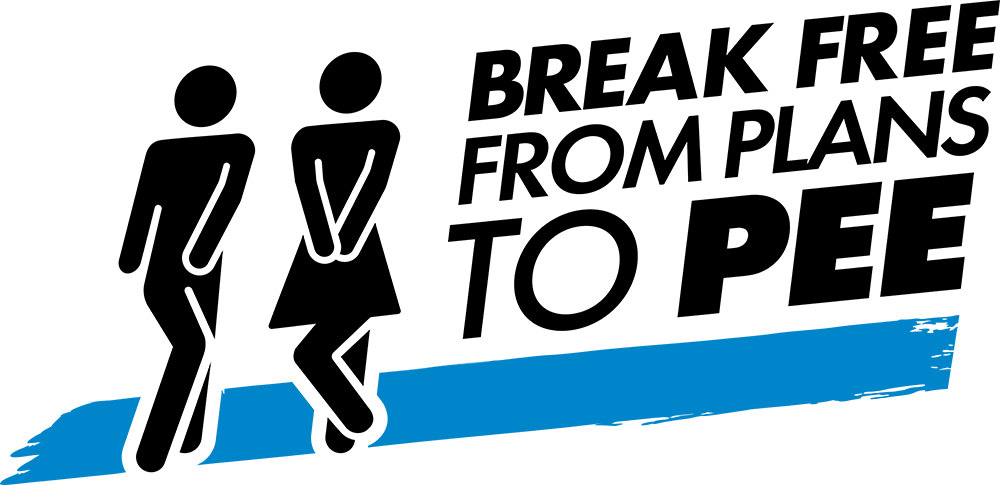
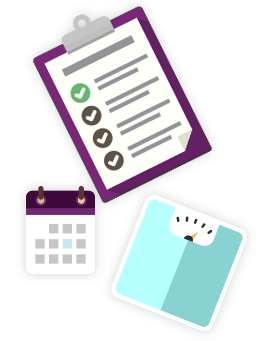
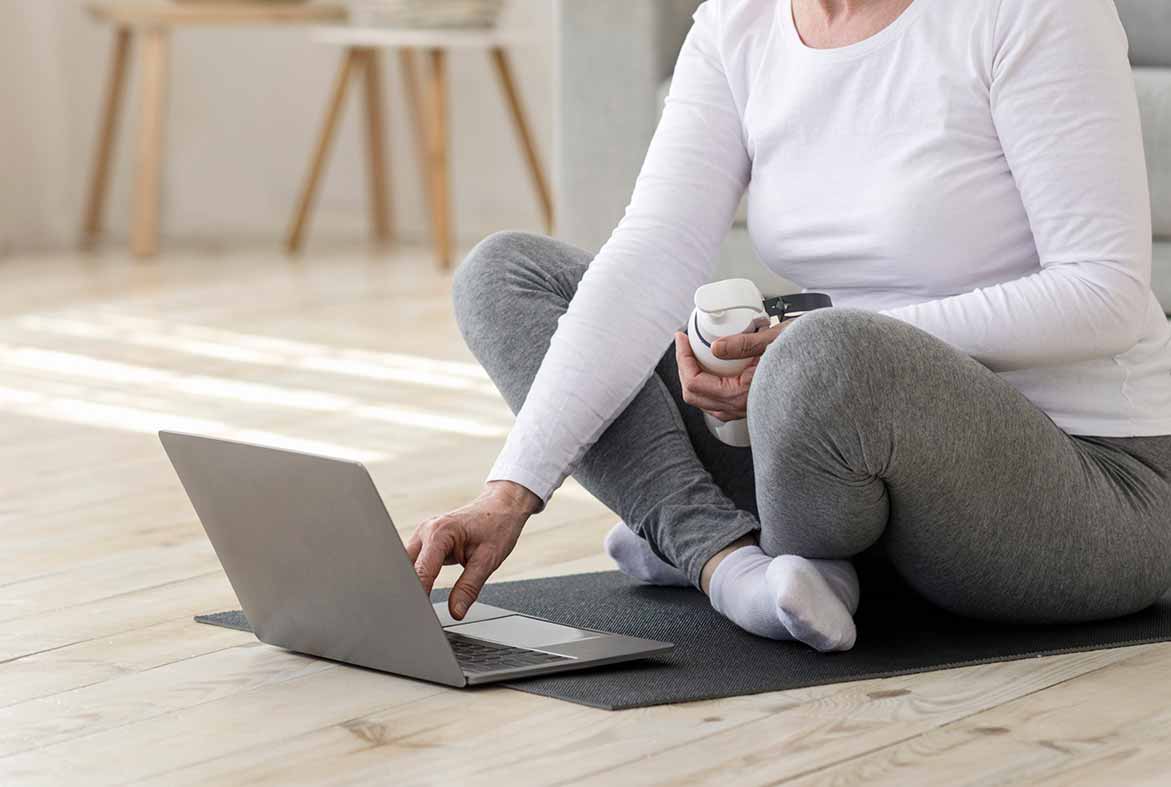
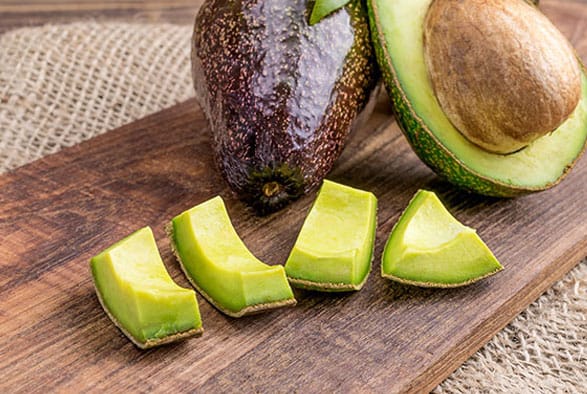
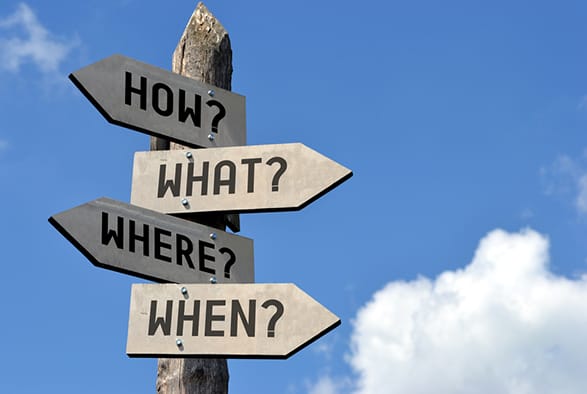
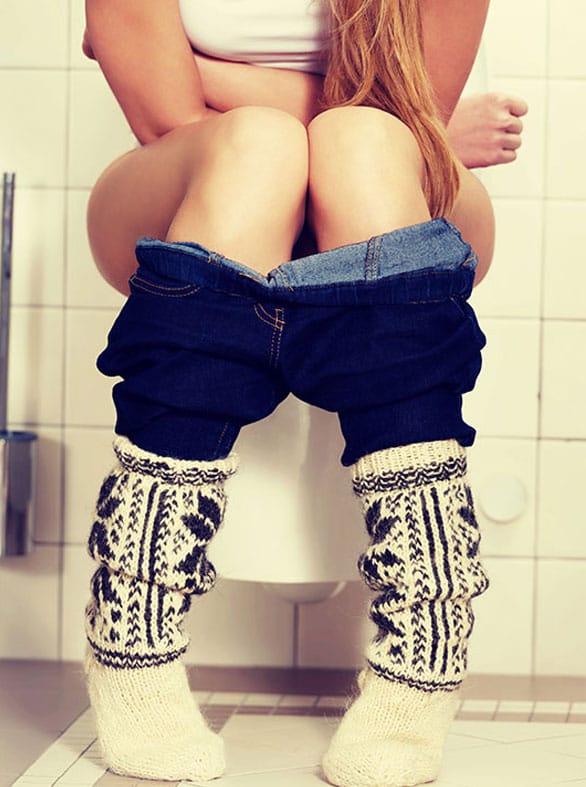
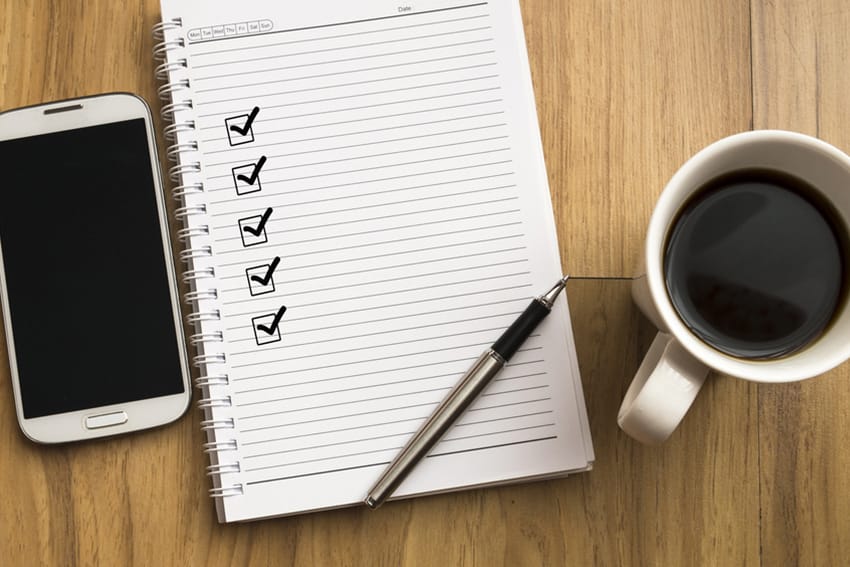 >
>
